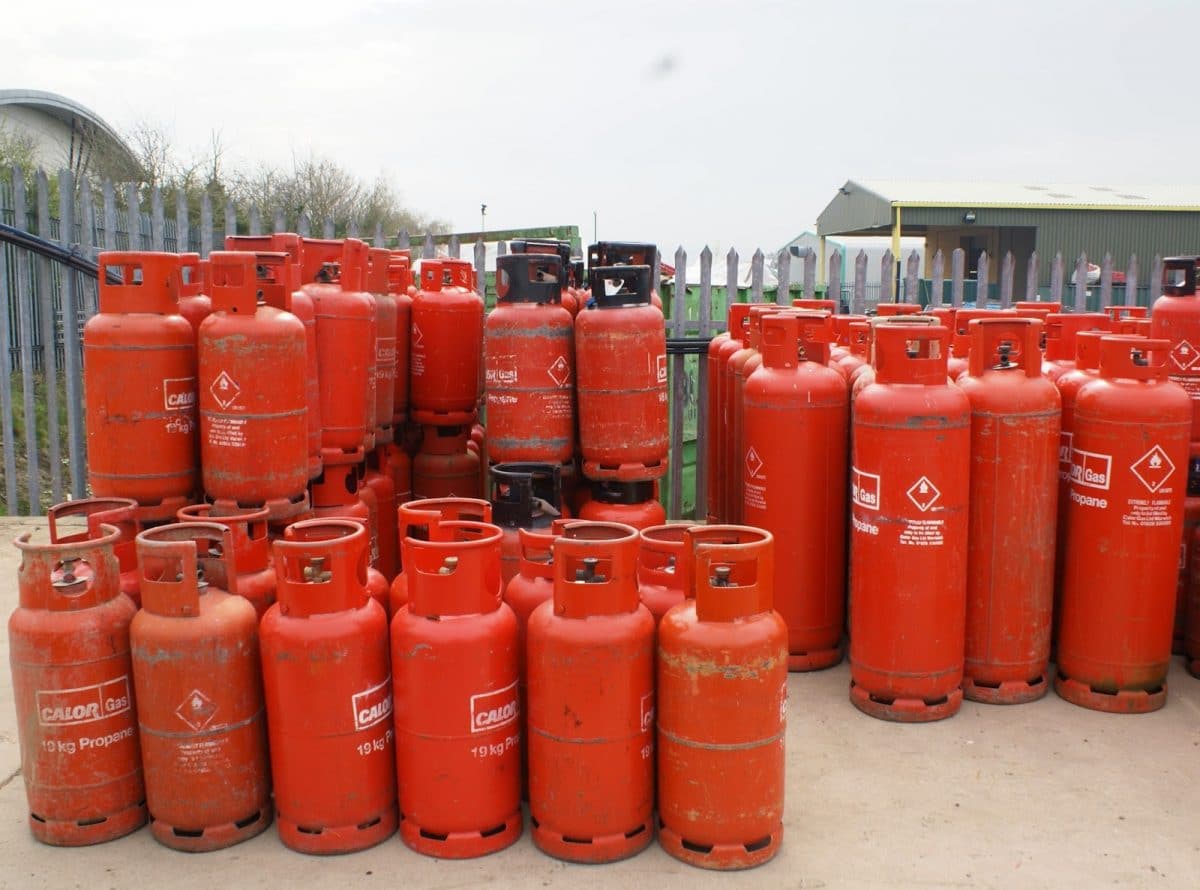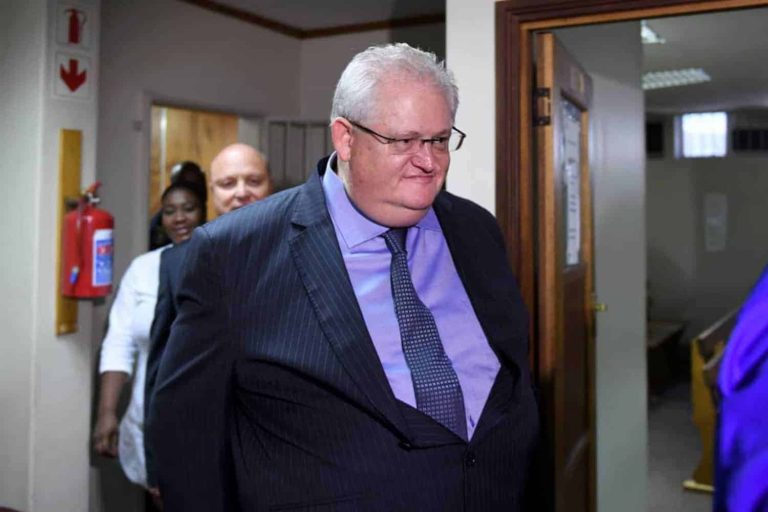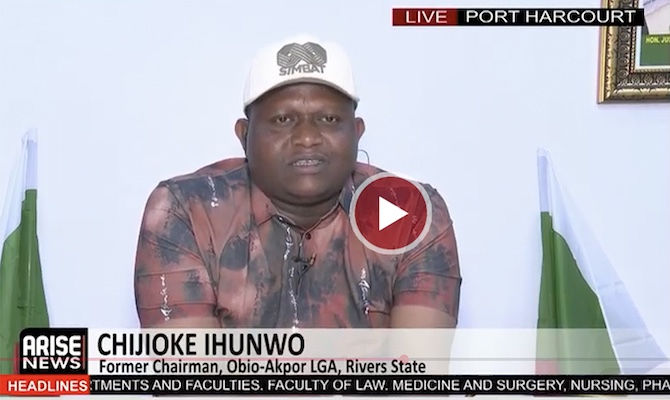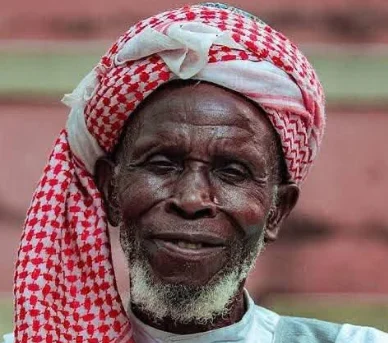
The Managing Director of Eterna Plc, Olumide Adeosun, has warned that Nigeria’s clean cooking ambitions may remain unattainable unless urgent action is taken to make liquefied petroleum gas (LPG) cylinders more affordable and accessible to households.
Speaking at the Nigeria Association of Energy Correspondents (NAEC) Summit in Lagos, Adeosun said that while the government’s attention on compressed natural gas (CNG) is commendable, LPG consumption has stagnated in recent years despite its crucial role in improving public health and environmental sustainability.
“Five years ago, Nigeria was projected to reach five million tonnes of LPG consumption per year by 2025,” he said. “Instead, the numbers have gone down. It’s not because we aren’t producing enough it’s because gas isn’t reaching the last mile where it’s actually needed.”
Adeosun explained that the high upfront cost of gas cylinders remains a major barrier for millions of households, especially women in rural communities who continue to rely on firewood for cooking.
“People need bottles to cook. You cannot cook off a plant or a skid. You cook off a 3kg or 12.5kg cylinder,” he said. “We must find a way to finance access for end-users to afford those bottles.”
He praised Techno Oil for establishing a 500,000-cylinder-per-year manufacturing plant but noted that broader, more targeted investment was still needed to boost domestic access to LPG.
Funding, Distribution Remain Key Bottlenecks
According to Adeosun, the challenge lies not in supply but in creating financing models and distribution systems that make LPG adoption viable for low-income users.
“We know the money is there,” he said. “What’s missing is a bankable business case that supports bottle financing. Without that, we won’t move forward.”
He revealed that Eterna Plc is focusing on innovative retail-level solutions to make LPG more accessible and to ensure reliable restocking for consumers.
“We’ll channel some of our efforts into developing pay-as-you-go and micro-financing models,” he said. “The problem is mobility, when you loan someone a bottle and they relocate, you lose your investment. Until we crack that model, we won’t see mass adoption.”
Adeosun pointed to ongoing gas infrastructure projects by Seplat, Rungas, and other players, but emphasized that government intervention was critical to sustain growth. He recommended starter kits including cylinders, stoves, and cookers for low-income households and mandatory gas reticulation systems in new housing estates to drive structured demand for LPG and CNG.
“Without developing last-mile distribution networks and demand centres,” he warned, “the goals of the national gas expansion campaign may not be achieved.”



